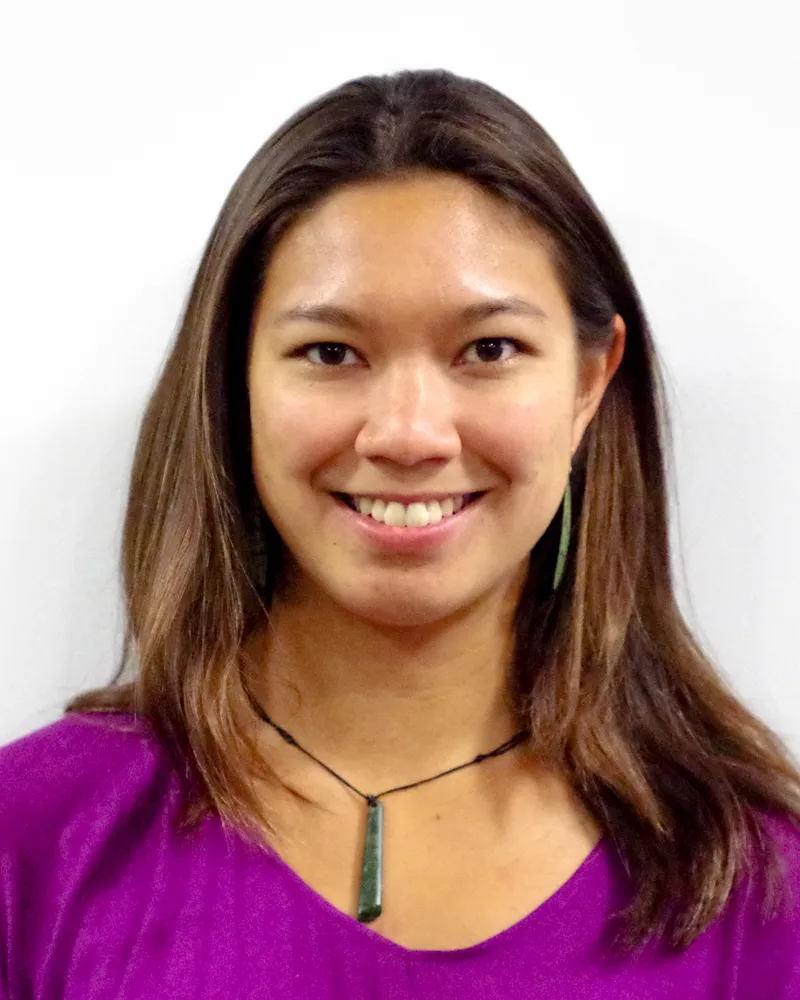Last week, the Pew Research Center unveiled results from a poll comparing the scientific views of the American public and American scientists. The results reveal a startling gap between public perception and scientific expert opinion.
For example, 88 percent of polled scientists (who were selected based on membership in the American Association for the Advancement of Science) say it’s safe to eat genetically modified foods, compared to only 37 percent of the public. While 87 percent of scientists believe that climate change is mostly driven by human activity, only half of the American public agrees.
Considering the poll’s focus on issues of broad social importance, like climate change and food safety, the results show gaps in practical scientific knowledge (not just miscellany like the periodic table).
Even worse, the best science isn’t being used for policy decisions, particularly when it comes to the environment. Roughly three in four polled scientists say that the best science is never or rarely used to set clean air and water regulations; 84 percent of scientists say the same for land use. Just getting sound scientific information to the government has become a politicized process: Well-published, highly respected climate scientist Scott Doney was blocked from filling NOAA’s chief scientist position by a single Republican Senator dissatisfied about Gulf of Mexico drilling prospects. Even where scientific expertise exists, the United States looks to be following Canada’s footsteps in muzzling scientists, preventing them from sharing their insights with the press and, by extension, the public.
This all adds to a growing mistrust of scientists in a country that, ironically, still considers itself a world leader in scientific achievement.
A friend and fellow scientist, Meredith White, recently wondered about this mistrust: “I wouldn’t just ask my best friend to cut my hair,” she wrote. “I’d ask a professional hairdresser. So why not trust professional scientists on matters of science?”
Instinctively, I agree. I’m always thinking, “Trust me! I’m a scientist!” But then I think about the way many of us salon-hop, searching for that one hairdresser who understands our vision and gives us the perfect cut every time. Essentially, we’re looking for someone who confirms our beliefs.
When it comes to science, this search presents a particular problem today. First, unlike the golden ages of decades past (think manned space flight and chemical engineering), today science is telling us a lot of things we’d rather not hear (think human overpopulation, mass extinctions and climate change). This is like having a hairdresser who, despite your insistence that you really want Halle Berry’s haircut, tells you that your face is too round for a pixie cut. Though in my case, a long string of honest hairdressers eventually talked me out of my dream ‘do, today anyone can go online and eventually find a pseudo-science website that tells them the “scientific truth” they want to hear.
Yes, the Internet has done wonderful things for information connectivity. But it has also provided limitless avenues for individuals to find seemingly realistic misinformation that supports their pre-existing views. Try Googling the most ridiculous idea you can imagine. I’m sure you’ll find dozens – if not hundreds – of articles engaged in serious discussion on the topic.
Some search engines, including Google, automatically reinforce your interests and opinions, using knowledge of your previous web-browsing activity to populate subsequent searches with results that are most likely to appeal to you (though you can deactivate this feature). While this can sometimes be a handy shortcut, it also cuts back on the diversity of information you receive. Climate change skeptics receive more climate change skepticism, anti-vaccination campaigners read more about the false link between vaccines and autism, the knowledge gap widens and as a country we drift further from scientifically informed policy.
What can we do as scientists and as citizens? First, we need to get our hands a little dirty. That means training scientists to always work on transferring their new findings into public knowledge and making sure that when they do so, they’re effective, by eschewing jargon and focusing on clear messages. At the least, scientists should be in constant collaboration with public relations groups on their own university campuses. It means finding wealthy donors and advocates (Stanford alumni – I’m looking at you) who will help out-shout the anti-science messages already flying around the country. It means shamelessly utilizing any back-door access we can get to our nation’s policymakers.
That’s the fix for the short-term. In the long run, we must raise informed decision-makers. Now that the (mis)information floodgates have opened, we will never shut them. So our task becomes teaching interpretation tools. First: the scientific method (not just scientific facts), which provides a framework for accurately assessing information; second: skepticism, which insists on knowing the source of information (and more importantly, who paid for it); and third: flexibility, which welcomes changing minds and abhors dogmatism.
At subway stations and bus stops, we’re warned by conductors “mind the gap.” While in those cases, the solution is a short hop from side to side, when it comes to the gap in scientific knowledge, both sides must work to shrink, not simply avoid, it.
Contact Holly Moeller at hollyvm ‘at’ alumni.stanford.edu.
